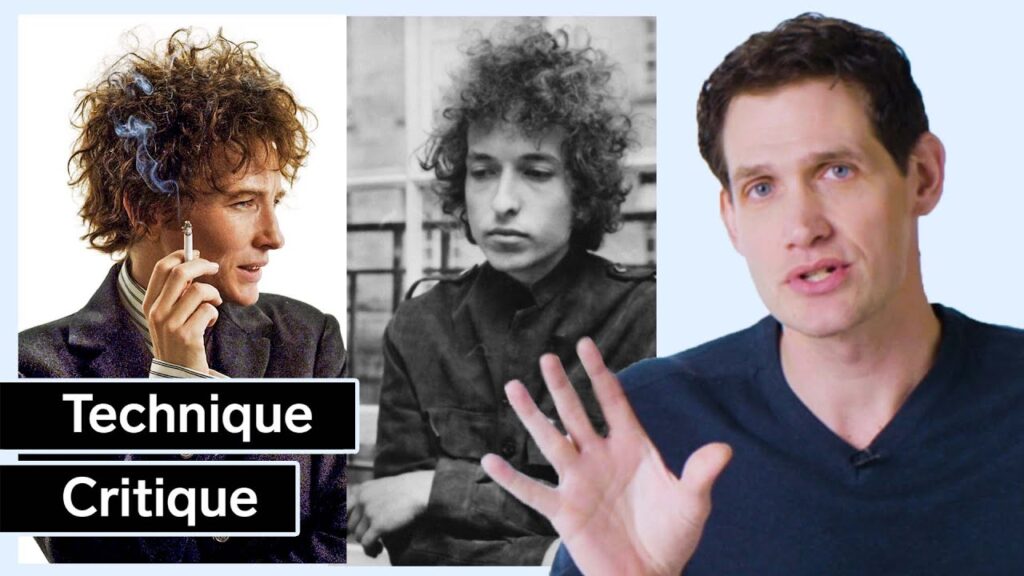Q&A: Aaron Sorkin on Writing and Improving Craft
Summary
The blog post features a Q&A session with renowned screenwriter, Aaron Sorkin, discussing various aspects of writing and improving craft with a group of writers. Topics covered include story planning apps, tips for approaching a second draft, creating drama through intention and obstacle, writing marginalized characters, writing villains, influences on Sorkin’s writing, and success in writing.
Table of Contents
- Choosing a Story Planning App
- Approaching a Second Draft
- Creating Drama through Intention and Obstacle
- Writing Marginalized Characters
- Writing Villains with Relatability
- Sorkin’s Influences on Writing
- Achieving Success in Writing
Choosing a Story Planning App
Professional writer, Kevin Powers, asks for recommendations for a story planning app. The speaker suggests using Final Draft as it integrates outlining, note-taking, and scriptwriting.
Approaching a Second Draft
Holly Jac asks for tips on approaching a second draft. The speaker advises starting from scratch and sharpening up any weak parts. He emphasizes the importance of scrutinizing the entire piece, asking oneself if every sentence, dialogue, and scene is necessary and serves the purpose of advancing the story.
Creating Drama through Intention and Obstacle
Quentin emphasizes the importance of creating drama through intention and obstacle. The speaker elaborates that these two elements drive the story by creating conditions for conflict that keep the audience engaged. He emphasizes that in each scene, the character should have a clear intention and face an obstacle.
Writing Marginalized Characters
Caitlin Greenridge asks if it’s possible to write about a marginalized character without stereotyping them. The speaker advises empathizing with the character through their intention and obstacle. He explains that by understanding the character’s goal and what stands in their way, one can create a more nuanced and empathetic portrayal.
Writing Villains with Relatability
When asked about writing a villain character, the speaker advises against judging the character and instead finding something relatable about them to empathize with. He suggests writing them as if they are making their case to God, with their perspective well-articulated.
Sorkin’s Influences on Writing
The speaker is influenced by great playwrights and television shows, particularly Larry Gelbart and his emphasis on sitcoms telling real and moving stories. He also cites Breaking Bad and Northern Exposure as shows he admires.
Achieving Success in Writing
When discussing success in writing or any craft, the speaker highlights the importance of talent, practice, and being a diagnostician to analyze what works and what doesn’t in other works. He emphasizes the value of learning from other works and striving to improve one’s craft.
# Conclusion
Aaron Sorkin’s insights into writing and improving craft offer a valuable perspective on the art of storytelling. From idea generation to execution, Sorkin emphasizes the importance of intention, obstacle, relatability, and self-evaluation. His appreciation for the work of others and his commitment to constant improvement reinforce the idea that writing is a never-ending journey.







